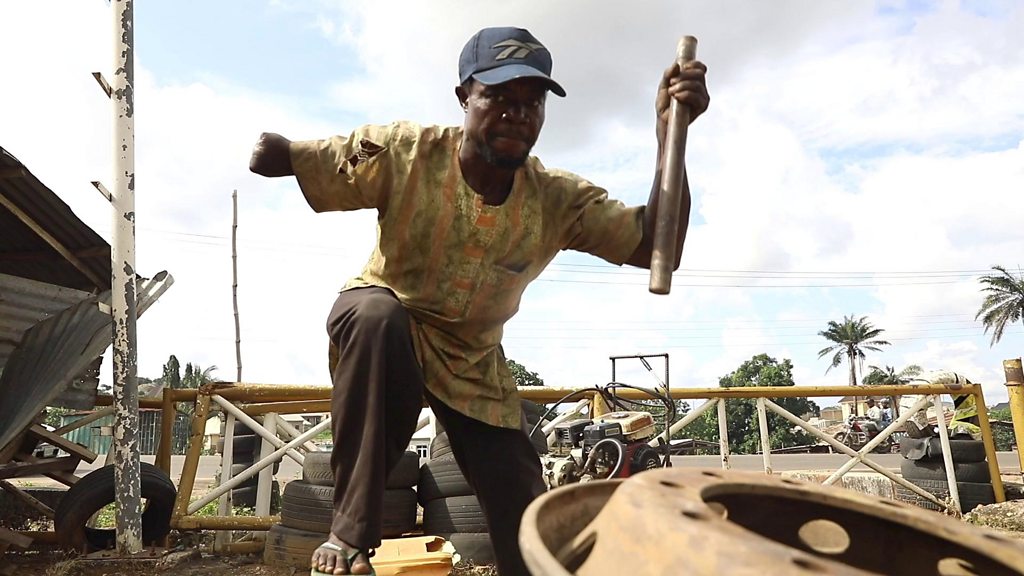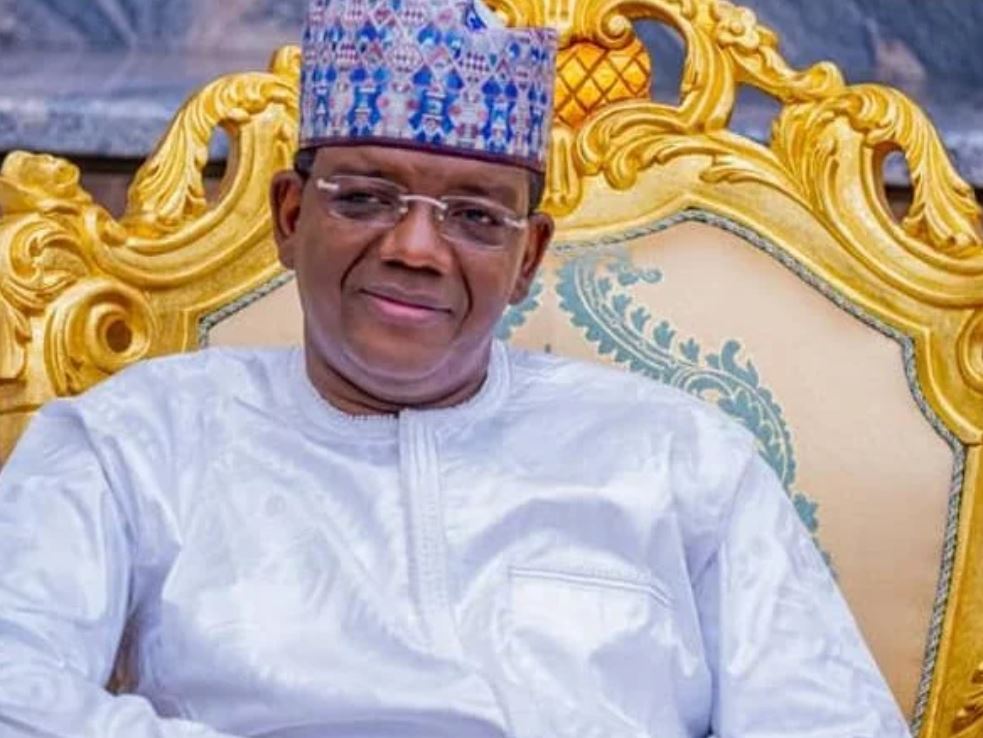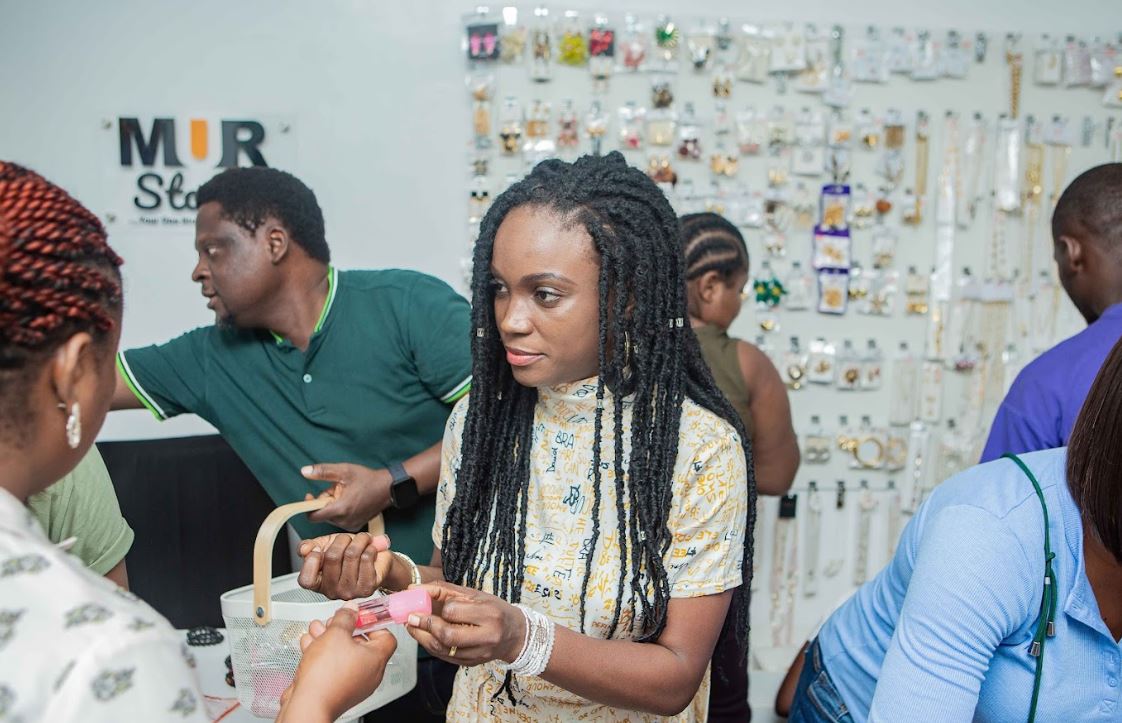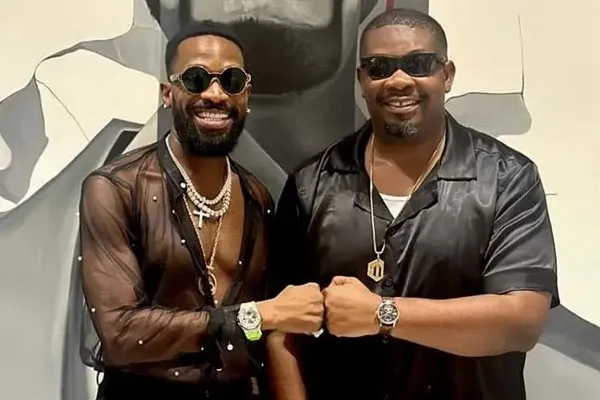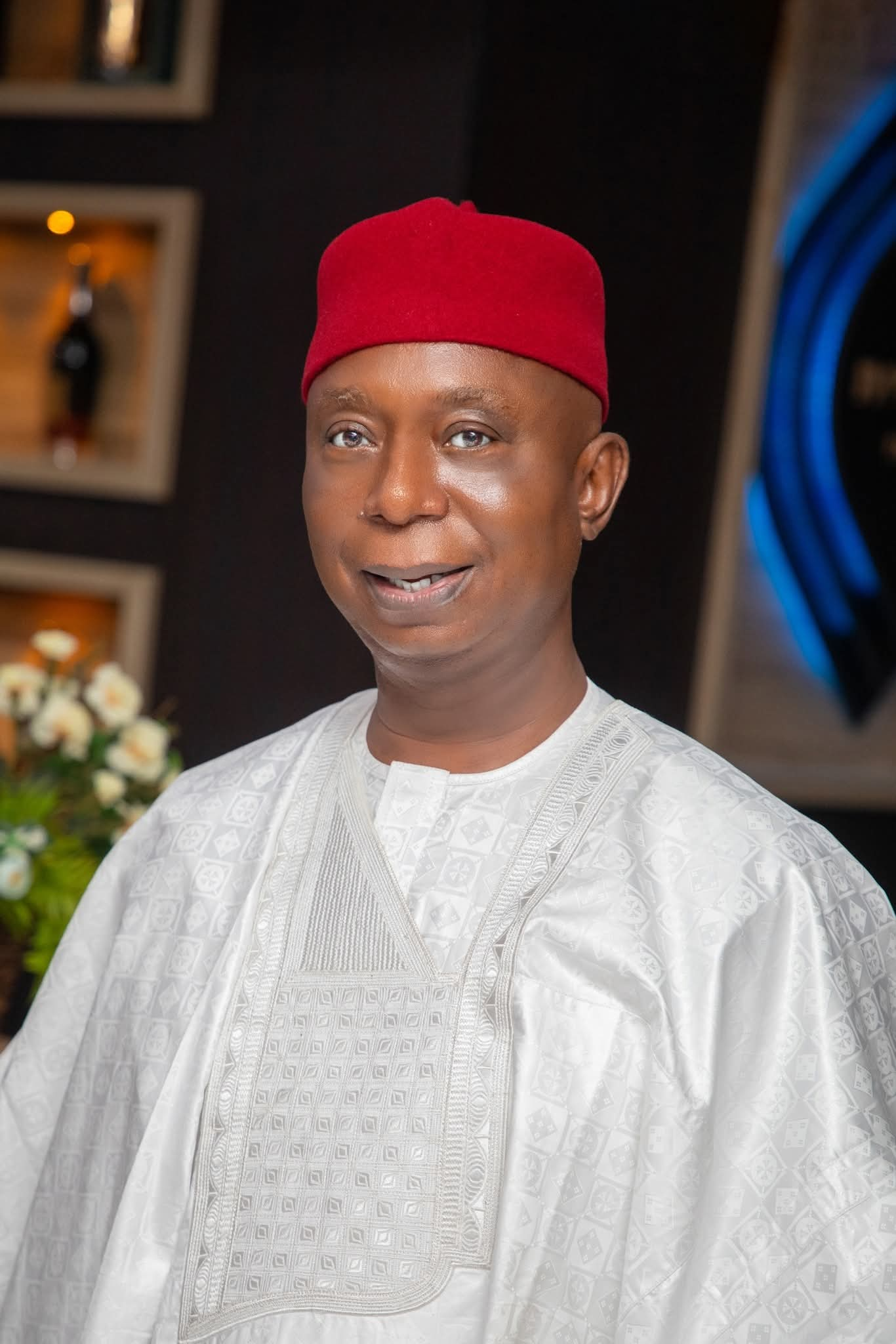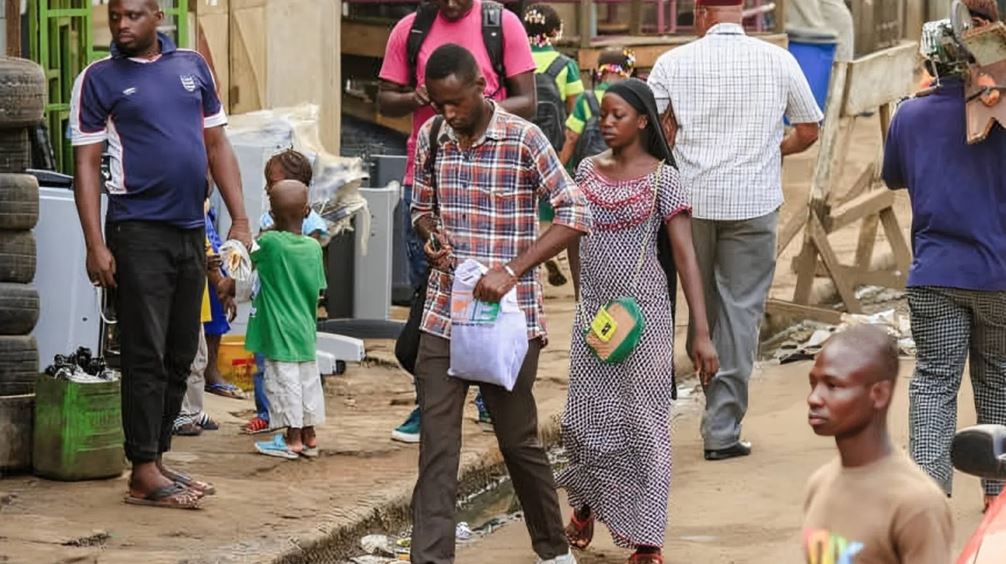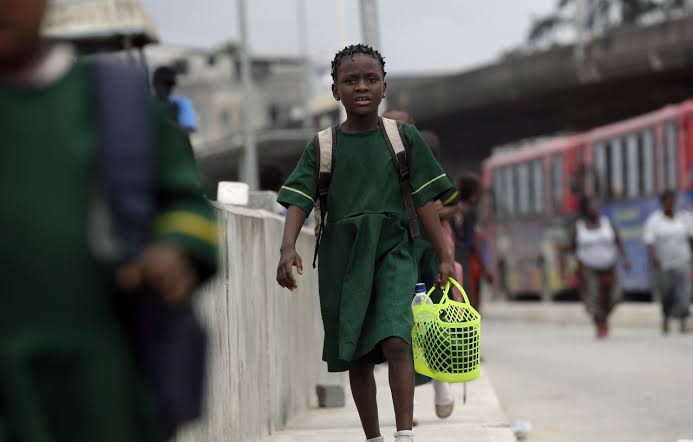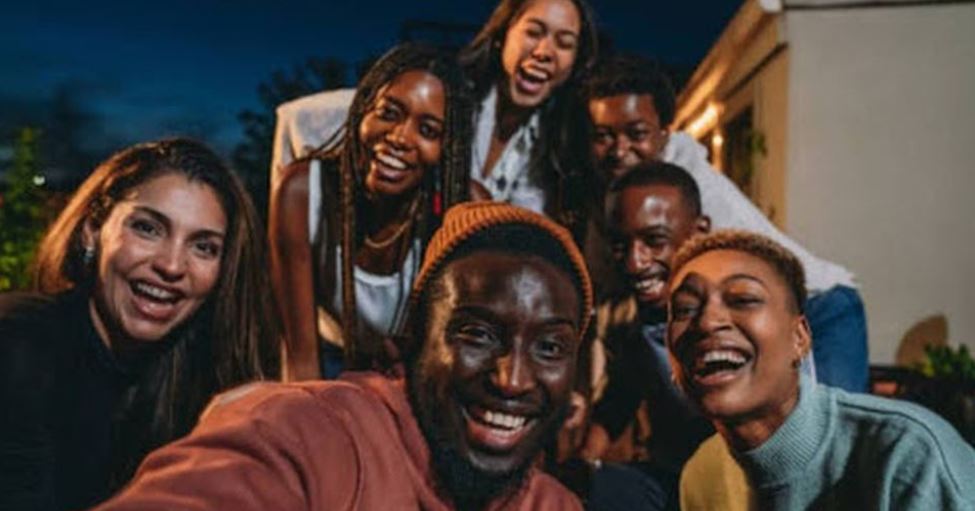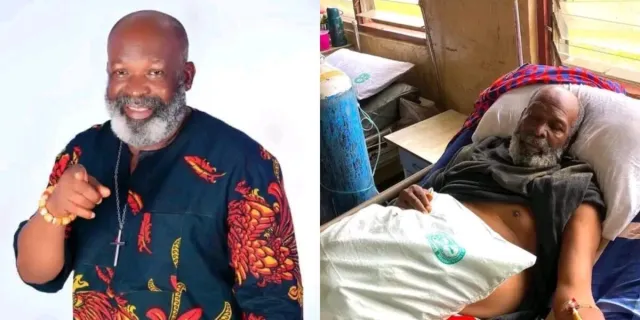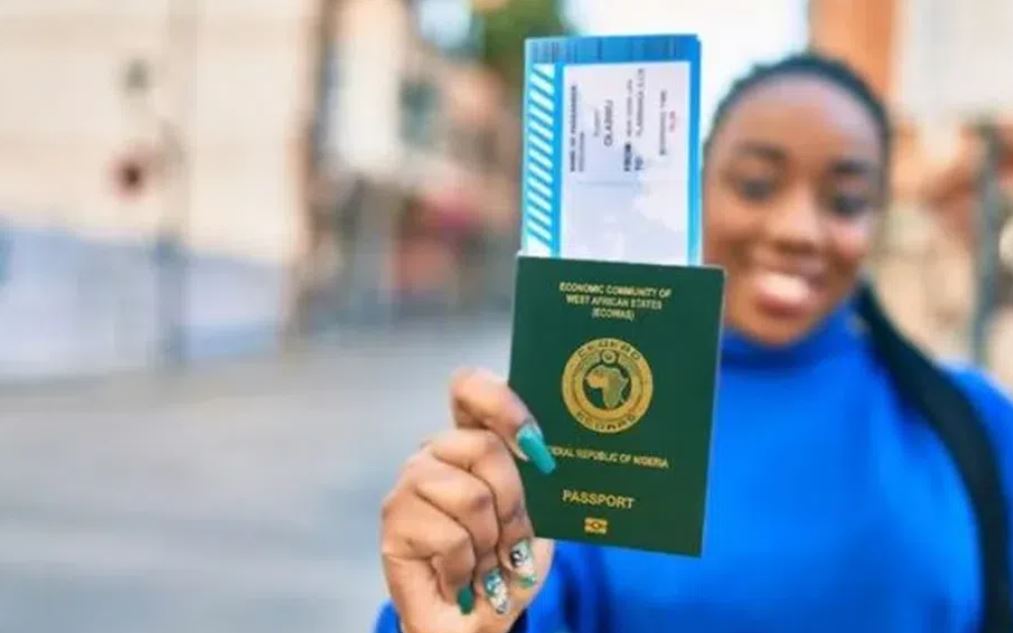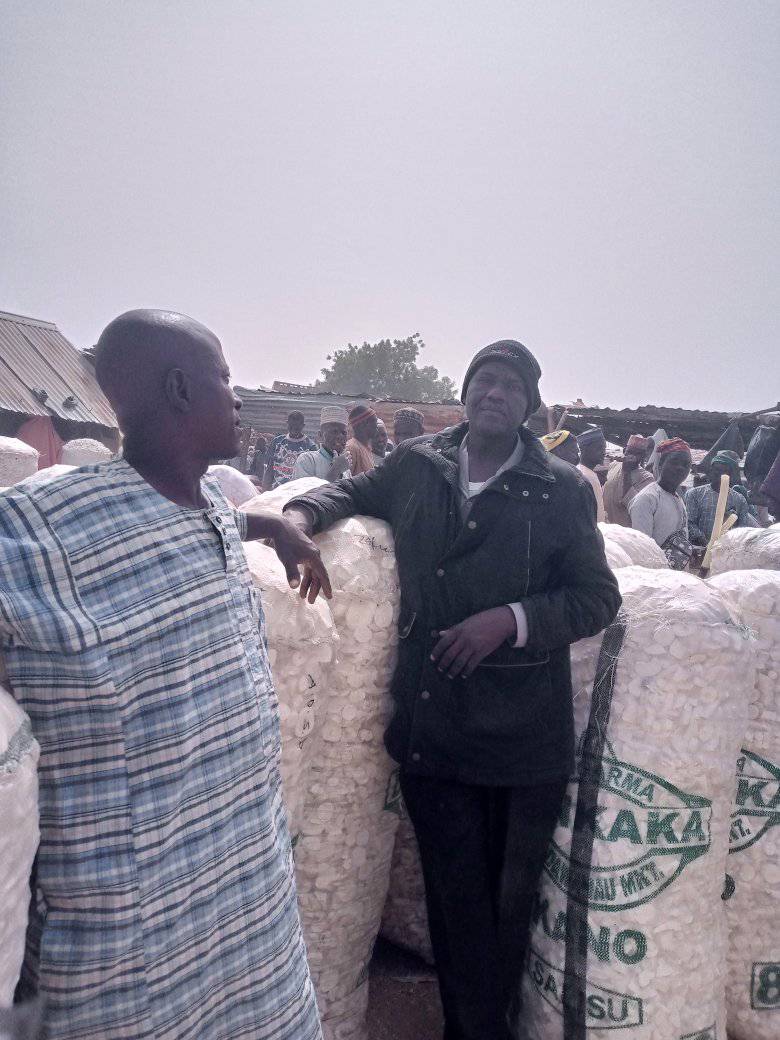For Dauda Sheidu, a vulcaniser from Kogi state, where there is a will, there is a way. A few years ago, the 35-year-old was helpless seeing his life crumbling before his own eyes.
He was in a spin.
Being from a poor background, growing up was a difficult ride for Sheidu. By the time he was about to complete his secondary education, he enrolled to be trained as a vulcaniser.
When he completed the training, however, he had no money to set up a shop to practice his acquired skills.
This, he said, made him consider riding a motorcycle better known as Okada to cater for himself and his wife.
The decision, however, resulted in the loss of his hand after he had a fatal road accident.
He said the experience made his wife — at the time — abandon him, adding that he was also mocked by friends.
“That was how I started the whole thing until now that people have come to know that I am a vulcaniser and can do to the job.”
The entrepreneur’s unrelenting spirit eventually paid off as he is now happily married with another wife while he also has people learning under him.
“I have married another wife and thank God she is still with me. I have nine children and two of them are currently in secondary school. If you see them, you’d think they were raised abroad,” he said.
“I thank God because I’m the one feeding them and also paying their tuition fees without help from anyone. I’m also paying my rent without any issue.
“I also have three shops where I put those learning under me in charge. I have also done graduation for three of my boys.
“As far as my work is concerned, there’s no tyre that I cannot fix whether it’s that of a trailer, wheelbarrow, bicycle… just mention it. I used to wonder how I am able to do such work too because I do see several boys with two hands who are not interested in learning such work.”
Sheidu said he plans to return to school to improve his knowledge of his skills as a vulcaniser and facilitate his drive to impact others in the community.
He also called on the public to support him in acquiring tools essential to his job.
“There are plenty of tools that I need to do this job but because I don’t have them, I got through a lot while working,” he said.
“My plan is to go to school so that I can learn more about the work and use the knowledge to also train people in my community.”

